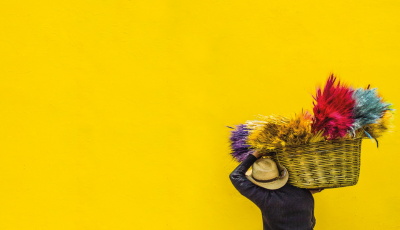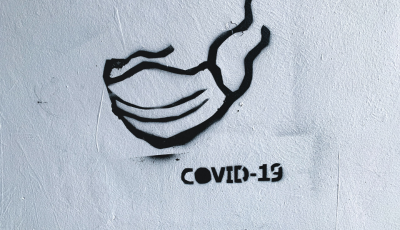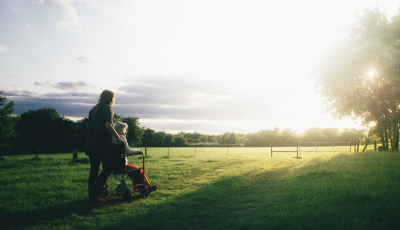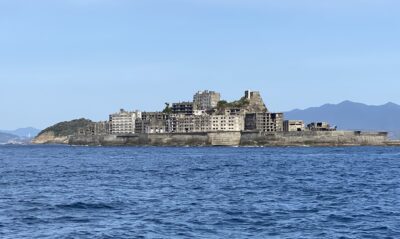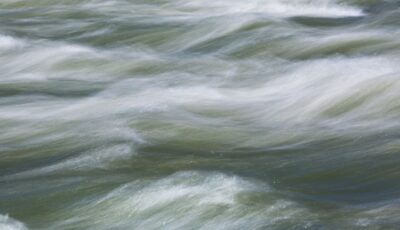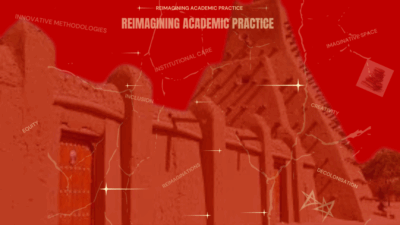Sustainability and Society

The Sustainability and Society Collaborative Project provides a forum at Tokyo College for research and discussion of the social aspects of sustainability challenges. We are a multidisciplinary team and one of our objectives is to facilitate greater dialogue between natural sciences and engineering on the one hand, and the social sciences and humanities, on the other, on sustainability adjacent topics.
Why ‘sustainability and society’? Human society faces unprecedented sustainability challenges. These include familiar issues of ecological sustainability – such as climate change, resource depletion, pollution, loss of wildlife, etc. – as well as issues of social sustainability – including aging societies, the corrosion of meaning, marginalisation, and widening inequalities. These challenges are not merely technical in nature – they are intrinsically social. It is not only that the origin of our sustainability crises must be located within the matrix of human activity, but also that these crises are lived and interpreted at the level of human activity, in dialogue with human needs and aspirations. Moreover, transitions to more sustainable societies are to be found in the innovations of people, acting at individual and collective levels. The sustainability challenge requires the reconstitution of knowledge, behaviours, and institutions.
Since 2022, we have provided a platform for Tokyo College scholars with an interest in sustainability-society intersections to workshop new ideas and receive feedback on draft papers. We have also had reading groups to discuss emerging ideas in sustainability studies. The theme of ‘learning for sustainability’ has been a particularly important focal point. We have delved into literature exploring the kind of learning processes necessary to support sustainability transitions, and taken a special interest in the concept of ‘wild pedagogies’ which advocates that educators let go of the need to control learning processes and allow nature to assume the status of teacher. This interest was stimulated after a visit to Tokyo College by environmental education specialist and one of the founders of the wild pedagogy movement, Emeritus Professor Bob Jickling.
One of our most exciting recent initiatives has been a collaborative, interdisciplinary project investigating the impact of the ideas and literature of the Japanese poet, storyteller, and philosopher Miyazawa Kenji. Miyazawa’s work unsettles anthropocentrism by encouraging readers to adopt the perspectives of non-human entities and encourages embodied and locally attuned modalities of learning. Undertaking fieldwork in Iwate Prefecture, our multidisciplinary team has been exploring Miyazawa’s enduring impact in the region across the fields of education, museums, heritage, and local government. We hope to use this project to develop an expanded understanding of the potential of literature to disrupt entrenched patterns of thought and behaviour and thereby play a role in sustainability transitions.
In future, we hope to explore these themes through other means, such as:
- Hosting joint workshops, seminars, conferences, and other events.
- Undertaking collaborative, cross-disciplinary research projects on sustainability issues.
- Composing joint publications, drawing on our diverse expertise to articulate new perspectives on sustainability.
- Engaging the general public in dialogue on challenges that pertain to sustainability and society – including through film screenings and immersive learning experiences, and by encouraging frontline sustainability advocates to participate in academic events and vice versa – hosting academic events in more applied settings.


